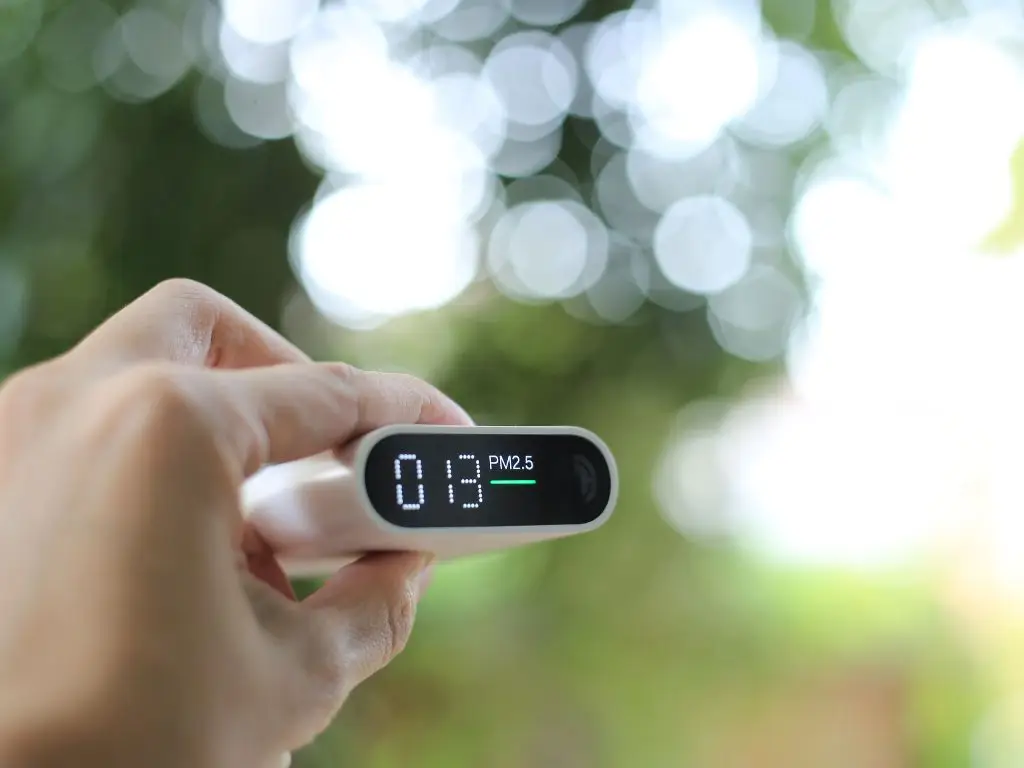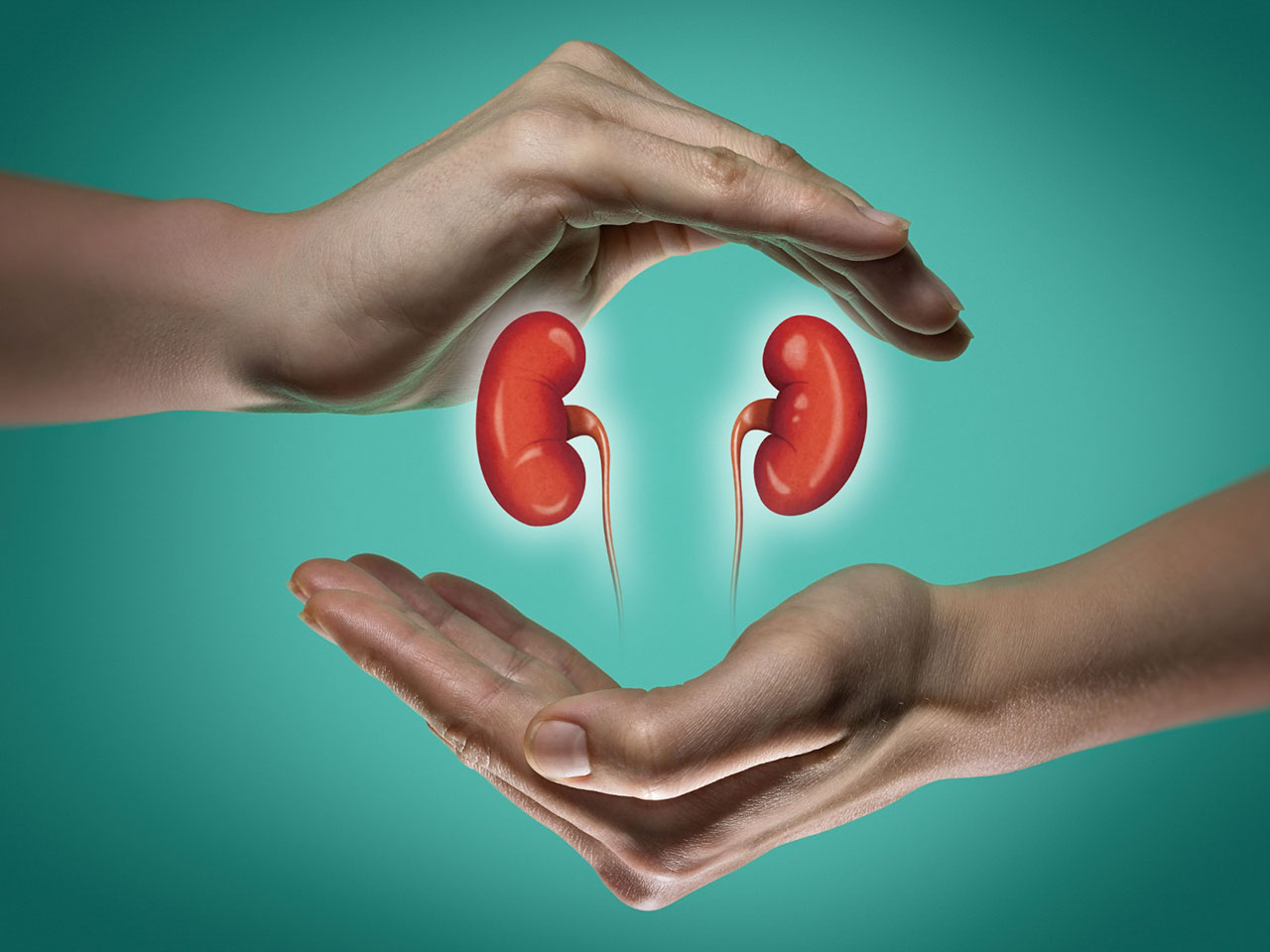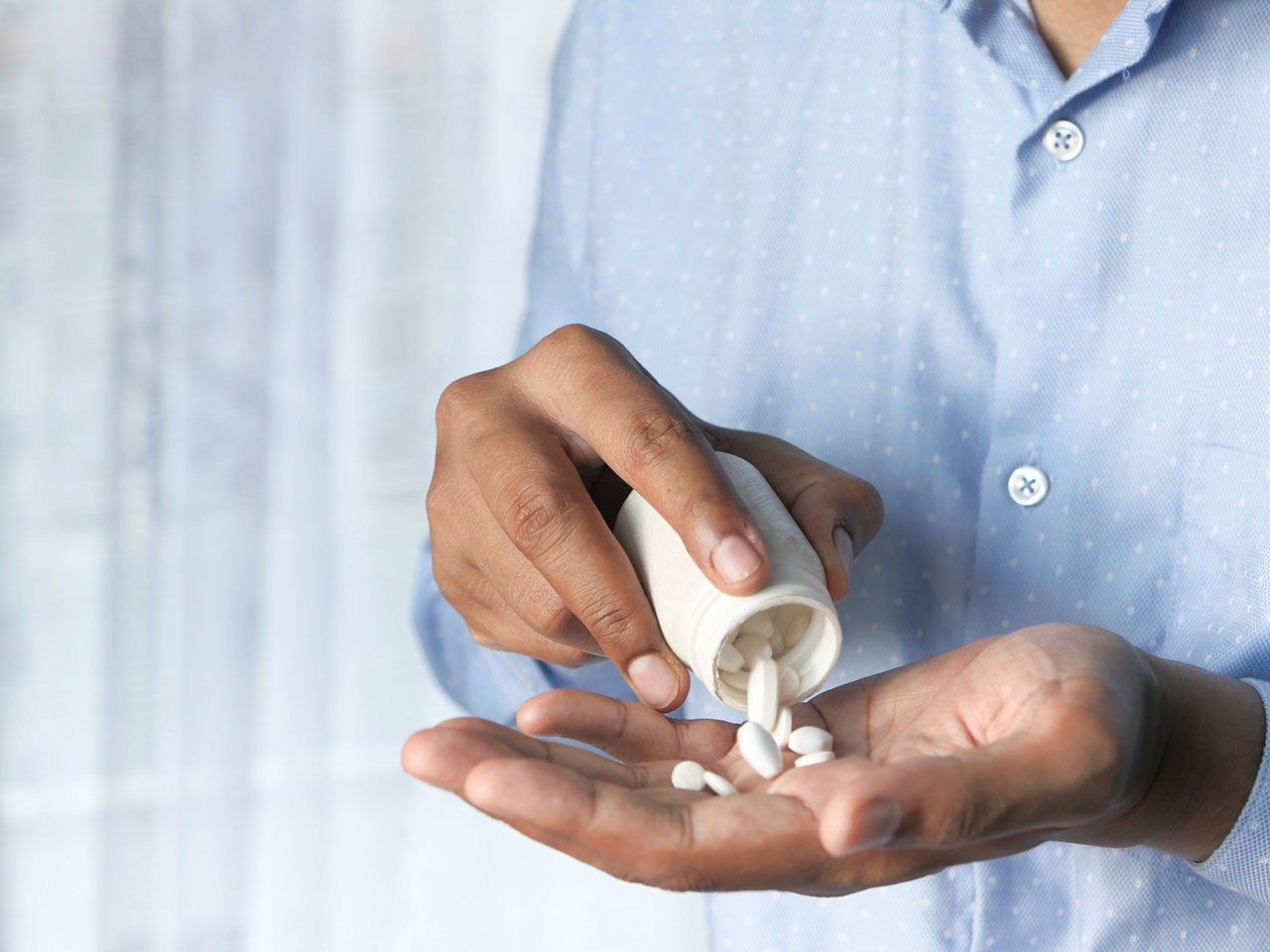Understanding Your Diabetes Journey
Recognizing Diabetes as a Part of Your Life
It’s essential to remember that diabetes is just one part of your life, not the entirety of it. Numerous individuals with diabetes lead full, vibrant lives without letting the condition overshadow their ambitions and daily activities. Think of diabetes management as another skill to add to your life toolkit, not a restriction.
Acknowledging the Challenges and Emotions
It’s normal to face an array of emotions following a diabetes diagnosis—anger, fear, sadness, and even disbelief. These feelings are valid and common among those newly diagnosed. Acknowledging these emotions is crucial. Understand that feeling low is not unusual, and seeking professional help, like talking to a therapist or joining a support group, can make a significant difference (source).
Embracing Positive Lifestyle Changes
Diabetes can be seen as an opportunity to make healthy lifestyle changes. This new chapter can lead to better habits and improved well-being overall. Incorporate balanced meal planning, portion control, and regular physical activity to enhance your health. These changes not only help manage blood sugar but also improve your overall quality of life (source).
Setting Meaningful Goals

Personalizing Your Targets
Setting goals for diabetes management should be about creating a plan that works specifically for you. Each person with diabetes experiences the condition uniquely, so the targets should reflect personal realities. Key objectives could include monitoring glucose levels consistently, taking medications as prescribed, or engaging in regular physical activity. The goal is to make these objectives attainable and practical for your lifestyle.
- Monitor glucose levels every morning
- Take diabetes medications as prescribed
- Engage in 30 minutes of moderate exercise daily
Looking Beyond A1C Levels
While A1C levels are a crucial metric, they’re not the entire picture. Goals should also focus on short-term and long-term activities that bring happiness and improved well-being. For example, aim to reduce your A1C level by 1% over the next three months through lifestyle changes (Diabetes Care Community). But don’t stop there. Consider objectives that enhance your daily life, such as taking up a new hobby or improving your sleep quality.
Focusing on Quality of Life

Diabetes management is not just about numbers and metrics. It’s vital to set goals that improve your overall quality of life. This includes aspects like mental health, stress management, and social engagement. Manage your diabetes in a way that integrates smoothly with your daily activities. Take steps to reduce stress, like practicing mindfulness or joining a support group (Southside Medical).
- Reduce stress through mindfulness practices
- Join a community or support group
- Improve sleep quality by establishing a bedtime routine
By setting meaningful and personalized goals, focusing beyond just A1C levels, and improving quality of life, you can master your diabetes management better and lead a fulfilling life. Remember, small changes can make a significant difference over time.
Mastering Daily Management

Develop a Consistent Routine for Blood Glucose Monitoring
Establishing a routine for blood glucose monitoring is crucial in managing diabetes effectively. Most people with type 1 diabetes need to check their blood glucose levels at least four times a day. For those using insulin pumps, multiple daily injections, or during pregnancy, the frequency increases to as many as 10 times a day or more [source]. Usual times to test include before meals, at bedtime, and sometimes 2 hours after eating or during the night, based on your healthcare provider’s advice [source].
Learn to Interpret and Act on Your Numbers Effectively

Understanding your blood glucose numbers is as vital as the act of testing itself. Monitoring patterns around meals and activities can help you make informed decisions about your medication, dietary habits, and exercise. Self-monitoring can help you identify acute and chronic issues with glycemic control [source]. Blood glucose levels are typically measured in mmol/L or mg/dL, with a normal range being 4 to 6 mmol/L or 72 to 108 mg/dL [source]. Consult your healthcare provider to better understand how to adjust your management plan according to these fluctuations.
Integrate Medication Management into Your Daily Life
Medication management is a cornerstone of diabetes care. It is essential to incorporate this into your daily routine seamlessly. Engaging with health coaches, pharmacists, and other community health resources can provide additional support [source]. Always discuss the benefits and timing of your medication with your provider to ensure you are optimizing your treatment plan. Stress the importance of these medications, particularly for those who may not feel symptomatic [source].
By mastering daily management through a consistent monitoring routine, effective interpretation of glucose levels, and integrated medication management, you can take significant strides toward living a balanced and fulfilling life. The next step will be to focus on nourishing your body, making mindful and informed dietary choices that support your overall well-being.
Nourishing Your Body
Understanding the Impact of Diet on Blood Sugar Levels
Nourishing your body is pivotal in managing diabetes. Carbohydrates have the most significant impact on blood sugar levels because they’re quickly converted into glucose. Foods like rice, bread, fruits, and sugar can spike your glucose levels rapidly. Conversely, proteins and fats like those found in meats, dairy, and oily foods release glucose more slowly, stabilizing blood sugar over time (Mayo Clinic).
Explore Balanced Meal Planning and Portion Control
Adopting balanced meal planning and mindful portion control can make a huge difference. Consider the five principles of meal planning: adequacy, balance, variety, moderation, and nourishment (Heartland Foods).
- Ensure half of your plate is made up of non-starchy vegetables like leafy greens and peppers.
- Fill one-quarter with high-fiber carbs such as brown rice and whole grains.
- Use the remaining quarter for proteins like lean meats or tofu (NIDDK).
Discover Diabetic-Friendly Foods That You Enjoy
Finding enjoyment in what you eat is crucial. Diabetic-friendly foods don’t need to be bland. Options like Greek yogurt, nuts, and lean meats provide great protein sources, while whole grains and high-fiber fruits help keep your blood sugar in check (Mayo Clinic).
Your meals can be creative and delicious. Look into recipes like the ones provided by the American Diabetes Association’s Diabetes Food Hub, which offers a variety of recipes that are both tasty and aligned with your dietary needs (ADA).
Examples of Free Foods
Free foods are low in calories and carbs, making them suitable for snacking between meals:
- Carbonated water
- Unsweetened cocoa powder (Taste of Home)
- Hard, sugar-free candy
- Raw vegetables like cabbage and cucumbers
Nourishing your body with the right foods does not have to be a chore. By understanding the impact of diet, planning balanced meals, and discovering foods you enjoy, you can effectively manage your diabetes and lead a fulfilling life.
Embracing Physical Activity
The Power of Exercise for Glucose Control
When living with diabetes, exercise is a key tool for managing your condition. Regular physical activity can significantly lower your blood glucose levels and improve insulin sensitivity. Whether you’re doing aerobic exercises like walking or running, or resistance training such as weight lifting, both types can help in maintaining optimal glucose control. Exercise triggers muscle activity, which allows your cells to absorb glucose more efficiently, whether insulin is available or not (NCBI).
Finding Activities You Love
The best exercise routine is the one you can stick to. Seek out activities that you genuinely enjoy. This could be anything from dancing and swimming to team sports or yoga. Even activities like walking or cycling can be immensely beneficial if they are part of your regular routine. The key is to make physical activity a fun and sustainable part of your daily life (GoodRx).
Gradually Increasing Activity Levels
If you’re new to exercise or haven’t been active in a while, start slowly and build up your activity levels gradually. The Centers for Disease Control and Prevention recommends at least 150 minutes of moderate-intensity exercise per week. This could be broken down into 30-minute sessions, five times a week. As your fitness improves, you can enhance your routine by integrating more intense activities or longer sessions. This steady increase will not only help improve your glucose control but also contribute to better overall health outcomes (Charles County Health).
Key Takeaways:
- Exercise can lower blood glucose levels and improve insulin sensitivity.
- Choose activities you enjoy to ensure long-term adherence.
- Gradually increase your activity levels for sustained health benefits.
With regular physical activity integrated into your life, managing diabetes becomes more manageable. By recognizing the impact of exercise on glucose control, finding enjoyable activities, and gradually increasing your physical efforts, you empower yourself to live a healthier, more active life.
Building Your Support Network
Identify Key Supportive Individuals
Managing diabetes can be daunting, but it becomes easier when surrounded by people who understand and support you. Start by identifying key individuals who can offer both emotional and practical support. This can include family members, close friends, and colleagues. Talk openly with them to ensure they understand the challenges you face and how they can help.
Join Support Groups or Online Communities
Connecting with others who are also managing diabetes can provide an invaluable sense of community and understanding. Consider joining local diabetes support groups or online forums. These platforms offer a space to share experiences, seek advice, and gain encouragement from those who truly get it. According to Premier Health, such groups can be a significant source of strength.
Communicate Openly with Healthcare Providers
Effective communication with your healthcare providers is essential for optimal diabetes management. Be proactive in discussing your concerns, treatment plans, and any challenges you’re facing. According to the American Diabetes Association, a mental health professional can also be an important part of your team, helping you navigate the emotional aspects of living with diabetes.
Overcoming Challenges and Staying Motivated
Develop strategies to handle setbacks and frustrations
Managing diabetes can sometimes feel overwhelming, but it’s important to develop strategies to handle setbacks effectively. Start by setting realistic goals: break down your diabetes management goals into smaller, achievable steps. This way, you can celebrate each little victory, which helps maintain motivation and reduces stress (source). When you feel frustrated, take a step back and focus on one day at a time. Remember, you don’t have to be perfect (source).
Celebrate small victories and progress along your journey
Recognizing and celebrating small victories can go a long way in staying motivated. Whether it’s getting through a day with stable blood sugar levels, trying a new exercise routine, or making a healthy food choice, acknowledging these wins can improve your emotional well-being. Reward yourself with non-food items that you enjoy, such as a new book, sports equipment, or a movie night (source). It’s all about reinforcing positive behaviors through enjoyable rewards.
Use positive self-talk and visualization techniques
The power of the mind is strong, and utilizing positive self-talk can significantly impact how you manage diabetes. Start your day with affirmations and practice replacing negative thoughts with encouraging ones. For example, instead of thinking “I can’t handle this,” try “I am capable, and I can manage my diabetes effectively” (source). Create a mantra, like “I can do this!” to repeat during stressful times. Visualization techniques, where you imagine a successful outcome, can also aid in maintaining a positive mindset and reducing stress (source).
Empowering Your Future
Take Control of Your Health Through Education and Self-Advocacy
Education is a cornerstone of effective diabetes management. Patients who are well-informed about their condition enjoy better outcomes and quality of life. Discovering more about diabetes through reputable sources and programs can empower you to make informed decisions regarding your health. By engaging in diabetes education programs and actively participating in your healthcare, you can strengthen your ability to manage diabetes effectively. Communicate openly with your healthcare providers to ensure you’re getting the support and information you need.
For additional strategies on self-advocacy, consider these tips from Diatribe:
- Find a provider who listens to you.
- Keep a health journal to track your symptoms and concerns.
- Educate yourself continually.
Explore New Technologies and Treatments
The rapid advancement in diabetes technology offers numerous tools to help manage your condition more efficiently. Continuous Glucose Monitors (CGMs) like the Dexcom G6 provide real-time blood sugar readings, helping you respond quickly to changes in your levels. The Beta Bionics iLet, a new insulin-delivery system, automates 100% of insulin doses and only requires a meal announcement and user weight for setup (UMass Medical School).
Smart insulin pens, such as those detailed by the American Diabetes Association, can track doses and offer reminders, enhancing your insulin management. Incorporating these advanced tools into your daily routine can greatly improve your blood sugar control and overall health.
Envision a Fulfilling Life Where Diabetes is Managed, Not Limiting
Despite the challenges, living with diabetes doesn’t mean your life has to be limited. By managing your diabetes effectively, you can lead a fulfilling and active life. Focus on creating a balanced lifestyle that includes healthy eating, regular physical activity, and mental health support. Engaging in community support groups or online forums can provide emotional support and practical advice.
Remember, your journey with diabetes is unique, and taking proactive steps to manage it ensures that diabetes becomes just one small part of a rich and fulfilling life.

























